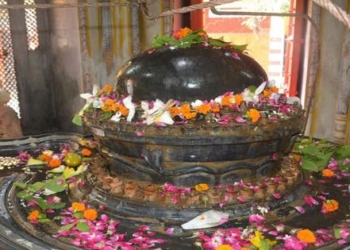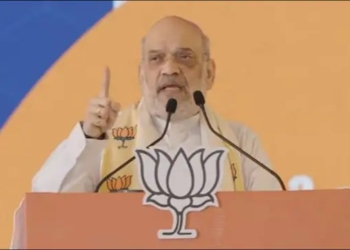Prime Minister Narendra Modi on Thursday underlined his government’s commitment to reforms, saying it was not out of compulsion but a result of a deep conviction to boost economic growth. He said the world now wanted to invest in India. Addressing the nation from the ramparts of the Red Fort on India’s 78th Independence Day, he referred to reforms in the banking sector that made loans easier for entrepreneurs and businesses. He referred to reforms in skill development and manufacturing, and said India has moved from being an importer of mobile phones to an exporter. These policies, along with policies for socio-political development, will help India become a developed nation by 2047.
Developed India by 2047 is not just a slogan
Modi said, “Developed India by 2047 is not just a slogan. There is hard work behind it.” Expressing his commitment to continue the reform process, he said that it has opened doors for one sector after another, regulations have become easier, loans have become easier and administrative interference has decreased. He said that this path has been chosen to fulfill the aspirations of the youth. Modi said, “I want to assure that our commitment to reforms is not limited to getting good editorials in economic newspapers. This commitment is not for getting praise in the short term.”
Our reforms are not due to any compulsion
Drawing a clear comparison with the crisis that triggered the 1991 economic reforms, he said, “Our reforms are not due to any compulsion. Reforms are to make India and its economy stronger. Reforms are our blueprint for growth.” “We are not doing anything due to political compulsion or any political calculations. Our commitment is nation first and national interest is paramount,” PM Modi said. Listing some of the reforms that have changed the economic landscape in the last 10 years, the Prime Minister said the banking sector has been transformed, making it stronger, thereby strengthening the formal economy and meeting the banking needs of the poor and the middle class.
The end of the ‘mai-baap’ culture
Strengthening the banking sector has helped increase the availability of easy loans for everything from buying vehicles to starting startups and pursuing education. This has helped everyone from cattle herders to roadside vendors, small and medium businesses and entrepreneurs, he said. Modi said the reforms also mean the end of the ‘mai-baap’ culture, where the government behaved like a master and citizens always suspected it in everything. “Today, the government itself goes to the beneficiaries, provides LPG connections to homes, provides water, electricity and gives financial help,” he said.
18,000 villages which did not have electricity were provided with electricity
He said the government is committed to “big reforms” that will accelerate growth and progress. However, he did not elaborate. The Prime Minister described it as a “golden age” for the country, which is opening up new avenues of employment. On the promises made in his speech from the Red Fort, Modi said that 18,000 villages that were not electrified have been electrified, more than 2.5 crore Indians have been given electricity connections and 12 crore families have been provided with tap water. He said the opening up of the space sector has enabled startups to launch private satellites and rockets. He said, “Today I can say that when the policy is right, the intention is right and the welfare of the nation is supreme, certain results can be achieved.” Prime Minister Modi said, “States should change policies as needed to attract investors.” He reiterated the government’s commitment to achieve 500 gigawatts of non-fossil fuel energy capacity by 2030 as well as make India a hub for green hydrogen manufacturing. He said this will not only help in achieving climate goals but will also create green jobs.
Latest Business News










